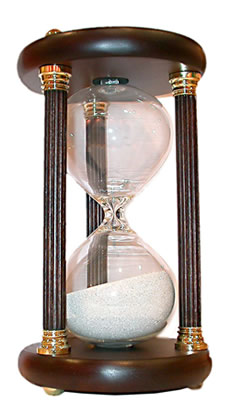In 2011, a group of researchers conducted a scientific study to find an impossible result: that listening to certain songs can make you younger. So how did they do it?
According to this TED Talk, the answer lies in a statistical method scientists often use to try to figure out whether their results mean something or if they are random noise. Here is the method: you should calculate the possibility (p-value) to achieve randomly the expected result (null hypothesis). If that possibility is below 5%, normally it is considered significant, meaning that there is enough evidence to reject the null hypothesis (the fact you are examining).
Though p-values are commonly used by both researchers and journals to evaluate scientific results, they’re really confusing, even for many scientists. That is partly because all a p-value actually tells us is the probability of getting a certain result, assuming the null hypothesis is true. Even though a p-value does not directly state the probability that the results are due to random chance, it usually gives a reliable indication.



